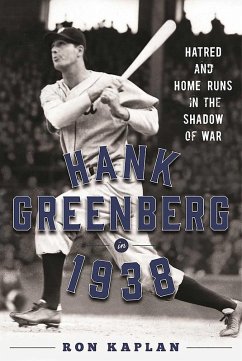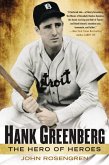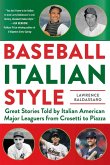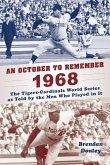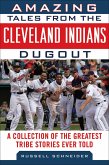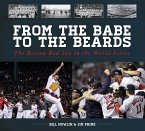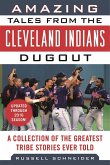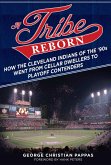From his first day in the big leagues, the New York-born Greenberg had dealt with persecution for being Jewish. From teammate Jo-Jo White asking where his horns were to the verbal abuse from bigoted fans and the media, the 6-foot-3 slugger always did his best to shut the noise out and concentrate on baseball. But in 1938, that would be more difficult then he could have ever imagined.
While Greenberg was battling at the plate, his people overseas were dealing with a completely different battle. Adolf Hitler, who had been chancellor of Germany since 1933, had taken direct control of the country's military in February of '38. He then began his methodic takeover of all neighboring countries, spreading Nazism and the early stages of World War II and the Holocaust.
Hank Greenberg in 1938 chronicles the events of 1938, both on the baseball diamond and the streets of Europe. As Greenberg's bat had him on course for Babe Ruth's home run record, Hitler's "Final Solution was beginning to take shape. Jews across the US, worried about the issues overseas, looked to Greenberg as a symbol of hope. Though normally hesitant to speak about the anti-Semitism he dealt with, the slugger still knew the role he was playing for so many of his people, saying "I came to feel that if I, as a Jew, hit a home run, I was hitting one against Hitler.
Dieser Download kann aus rechtlichen Gründen nur mit Rechnungsadresse in A, B, BG, CY, CZ, D, DK, EW, E, FIN, F, GR, HR, H, I, LT, L, LR, M, NL, PL, P, R, S, SLO, SK ausgeliefert werden.

